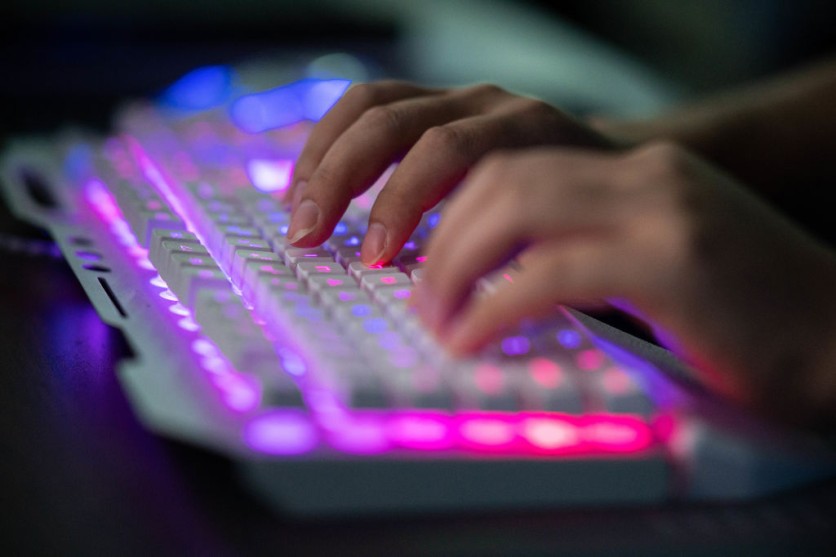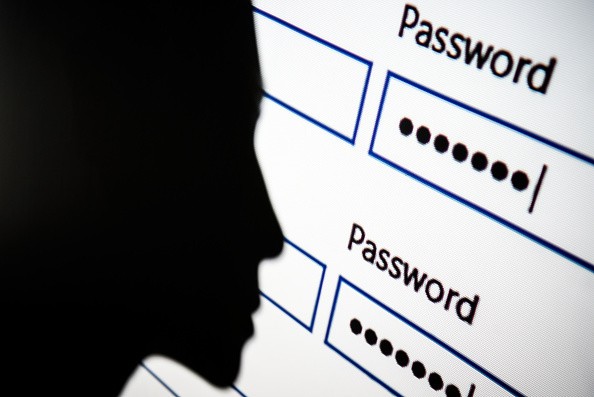Let's face it: you're one of billions of people out there who are vulnerable to a cyberattack, simply because almost your entire life is digitalized. Your critical personal information is either out there on the cloud or in your device, waiting to be plucked by somebody who might want to use it for ill-gotten gain.

But just how vulnerable are you to getting hacked? In this guide, you will learn about your risk factor for a cyberattack, and how you can avoid being hacked in the first place. Because in this age, information is power - and even your own data can be used against you or anyone.
Having The Same Password For Everything
Having the same password for almost every single account (if not all) is an exercise in convenience, true. But it also opens you up to a hacker because it's painfully obvious: once they crack one account, they can crack all of them.
Good thing is, avoiding this kind of attack is simple: do not have the same password for everything. Choose a unique password for every account you have, according to an article on Reader's Digest. And if you feel like it's going to be super tough to remember all of those passwords, either use a password manager or write them all down on a piece of paper and bring it everywhere with you.
A piece of paper can't be hacked. Obviously.

Working From Home
Now this is scary for so many people out there. So many companies - even the biggest ones - are allowing folks to keep working from home as much as they like. But in truth, working from home opens you up to a cyberattack.
That's because your home computer likely lacks the same cybersecurity measures that your employer has on its own hardware, writes CNET. In this situation, your security is only managed by yourself and your internet service provider (ISP) via your connection. Unless, of course, you do have very strong security measures in place that you put there yourself.
Protecting yourself from a hacker as an at-home employee will require multiple things. Here are the best things you can do:
Update your system software: We know that constant security updates from Apple or Microsoft can be annoying with all those notifications. But they're your first layer of defense against a hacker.
Use two-factor authentication: This is a good second layer of protection, because it requires anyone trying to log into your accounts to enter a one-time password or code before they finally go in. The codes only get sent to your device, meaning only you knows what the code is.
Read also: basic concept of phishing scams
WEAK Passwords
You want to really make yourself a target of hackers? Use the same password for everything and make sure that the password itself is weak sauce. Yikes. Hackers have all sorts of tricks that will help them crack passwords, writes FinanceTrain. And at times, they don't even need a minute to do so.

Here's some perspective. According to CyberNews, the most common password used by Americans online are as follows:
123456
123456789
qwerty
password
12345
qwerty123
If either of these passwords are the same as yours and you get surprised that you're hacked, seriously, what is wrong with you? Even a child could guess yours!
CREATE A STRONG PASSWORD. We CANNOT stress this enough. Never, ever use something obvious, like a detail linked to you (i.e. your birthday, your spouse's name, your dog's name, your job, etc). Also, make it long as longer passwords are way tougher to crack. Start with 8 characters and if you can, max out the allowable password length.
If you need help remembering your password, refer back to the first item on this list. Use a password manager or write it down on a piece of paper. Boom. You're done.
This article is owned by Tech Times
Written by RJ Pierce
ⓒ 2026 TECHTIMES.com All rights reserved. Do not reproduce without permission.




